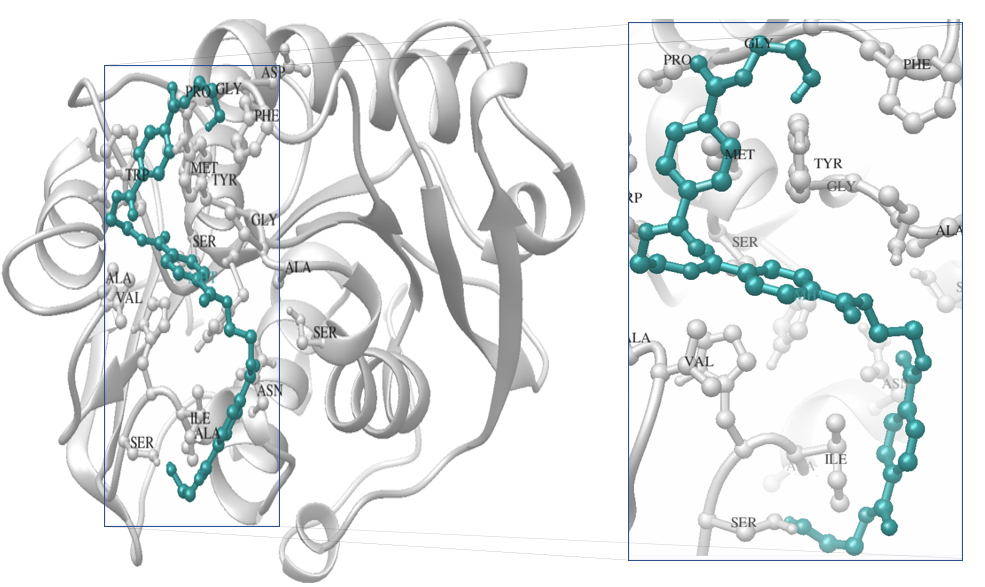3743740
Investigating the effect of metal-site substitutions on thermal stability and polyethylene terephthalate (PET) depolymerization activity on leaf-branch compost cutinase (LCC) | Poster Board #3782
Date
August 23, 2022
Related Products
Radical photopolymerization of 1,2-dithiolanes for the development of disulfide-linked covalent adaptable networks | Poster Board #3145
Thermoset plastics are useful synthetic materials that once crosslinked, offer enhanced structural integrity and chemical resistance…
Performance Advantaged Bioproducts:
DIVISION/COMMITTEE: [POLY] Division of Polymer Chemistry
Performance Advantaged Bioproducts:
DIVISION/COMMITTEE: [POLY] Division of Polymer Chemistry
Leveraging the butterfly effect to achieve chemical recyclability for recalcitrant polyethylene terephthalate | Poster Board #3152
Polyethylene terephthalate (PET) is a ubiquitously used thermoplastic exhibiting exceptional market prevalence due to its desirable thermomechanical, chemical, and optical properties…



